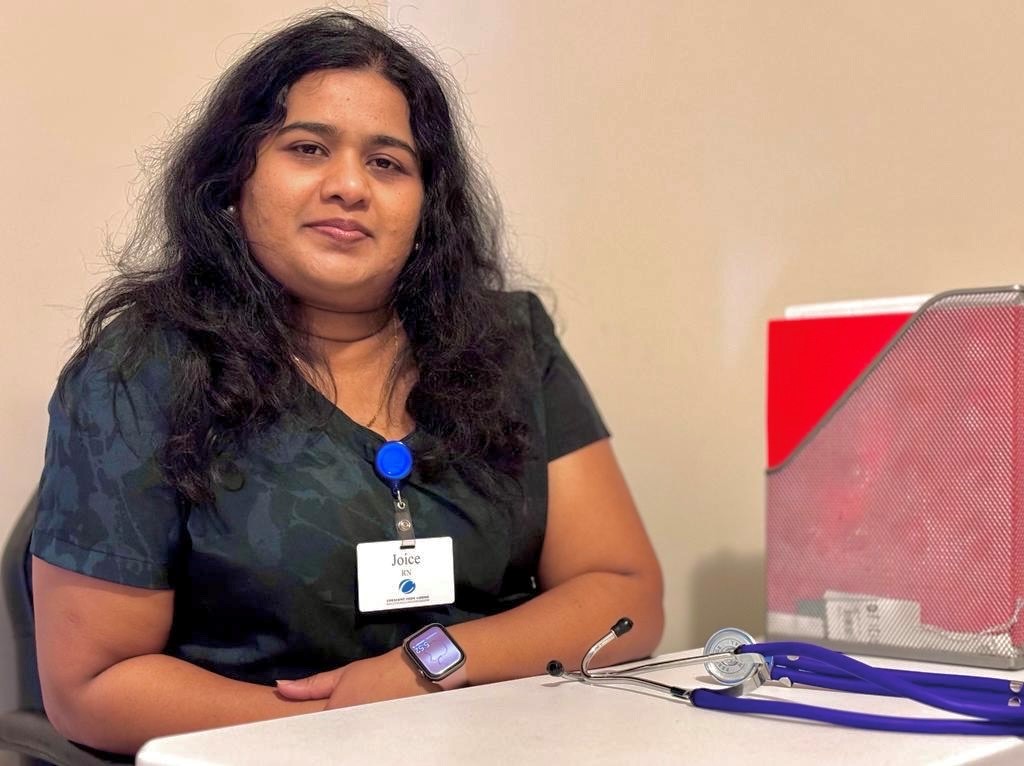The Supervised Practice Experience Program (SPEP) reached another milestone just over two years after it was launched. Since Jan. 2022, more than 3,000 nurses have been matched with employers and obtained their practice experience through the program. Those nurses are now helping to support health care-system needs throughout Ontario.
“We are thrilled to celebrate the success of the SPEP program. CNO is proud to continue to explore innovative ways in which to support applicants in their registration journey,” said CNO Executive Director and CEO Silvie Crawford, RN. “This program is a testament to the collaboration of CNO and our system partners, as well as the commitment of our dedicated nurses that support the applicants. We encourage more applicants to explore the SPEP program and take advantage of this opportunity.”
The program is a partnership between the CNO, Ontario Health and CNO-approved organizations. Completing practice experience helps applicants complete the registration requirements to become a nurse with the knowledge, skill and judgment to practice safely in Ontario. You can read answers to SPEP FAQs here.
Sukh Kaur, who works in Brussels, Ont., was the first nurse to go through SPEP, obtaining her RPN membership in March 2022. It worked so well for her that in early Jan. 2024 she obtained her RN membership through the program.
“I have suggested to many of my friends to do this program...it was so, so convenient,” said Kaur, who said CNO was helpful to support the process and that the application turnaround times for her were quick.
Doing her practice experience for her RN from early Dec. to early Jan. marked her first time working in a hospital setting, and that was intentional – through SPEP she wanted to expand the kind of practice experience she had to broaden her knowledge and skills.
Her employer, an agency, was supportive of this approach and the director at her workplace told her if she needed anything she could ask.
“Everyone at my workplace has been so nice and cooperative,” she said, adding that her family and friends have provided lots of emotional support too.
The journey to become an RN has been a fulfilling one for Kaur. She was an RN in India before she moved to Canada and it was important to her to reach the same designation in Canada. “That was my destination to reach.”
SPEP has helped many other nurses reach their destinations too.

Joice Matthew, RN, completed SPEP.
Joice Matthew, of Fort Erie, Ont., immigrated to Canada from India in 2017 and has worked for Maple Park Lodge long-term care home for two years.
“It was quite challenging at the beginning,” Matthew said of the process to become a nurse, when she first moved. She joined a bridging program and would regularly get in touch with CNO for support to navigate the process. “It was very helpful,” she said.
In Summer 2023, CNO contacted Matthew to outline her options to fulfill her general class practice requirements. She could either return home to India to complete practice requirements or she could do it through SPEP. “I thought that if I do the SPEP program, it’s more helpful than going back to India – I can learn more – it's more useful to us,” she said, adding that she recommends it to many colleagues.
“It’s better to know how it works in Canada – even the computer system, the documentation, it’s different. It’s very nice to learn everything.”
She added that the practice experience makes a big difference for how she can support patient safety. “I have more confidence. I know how it works, the responsibilities, everything. It was a wonderful experience for me.”
Doing SPEP part-time, it took Matthew about three months to get her necessary practice hours and she became an RN. When she successfully completed it, she was offered a full-time job. “We had a celebration with our family, I informed my parents back home, it was a really happy moment for us,” she said.
“I’m really proud to be an RN. It was my goal to be an RN.”